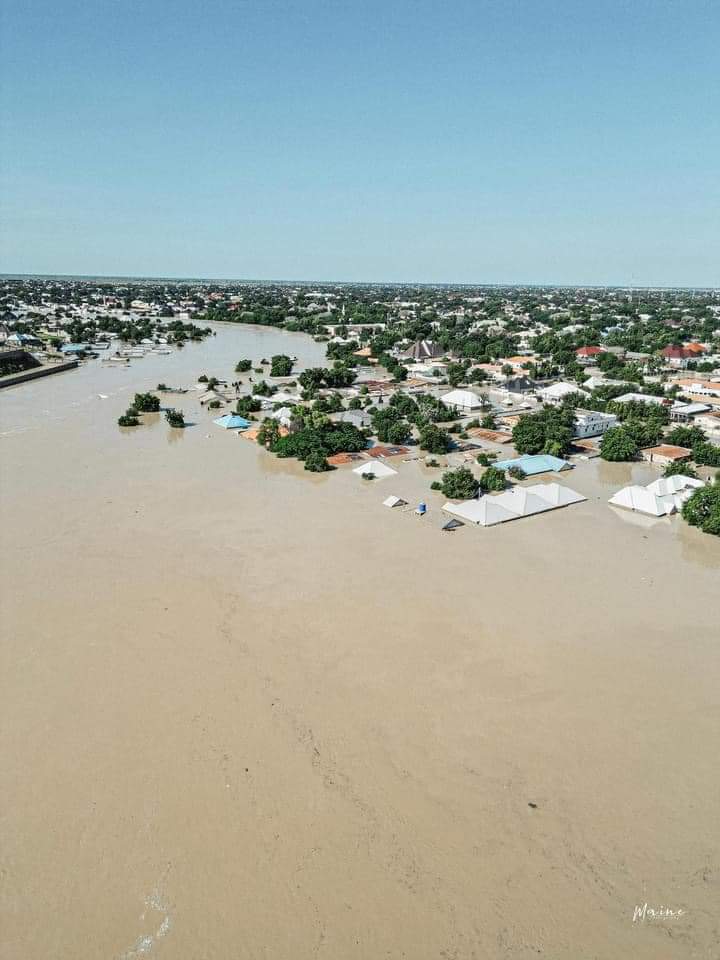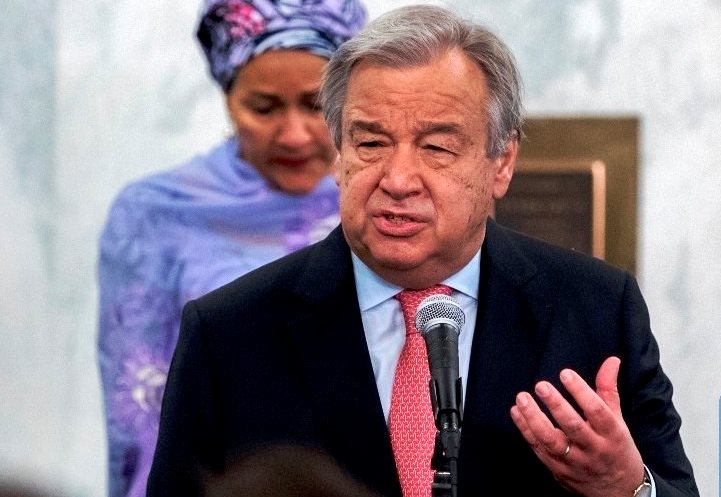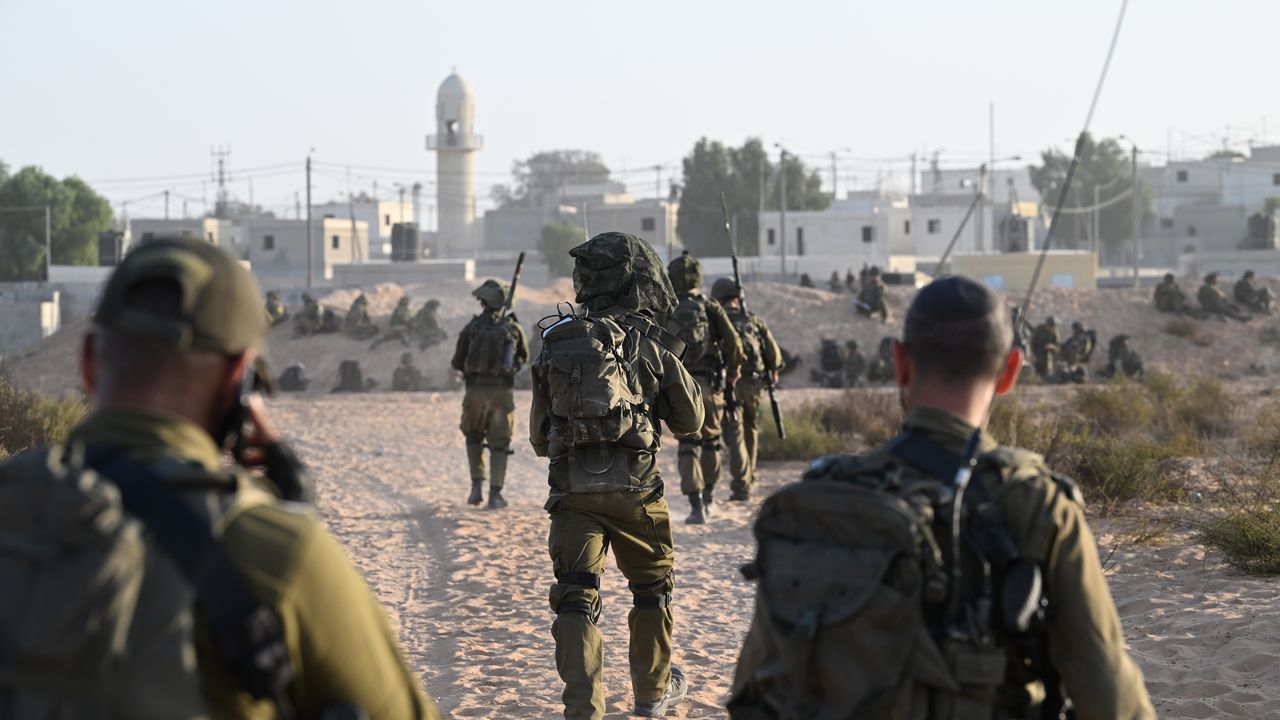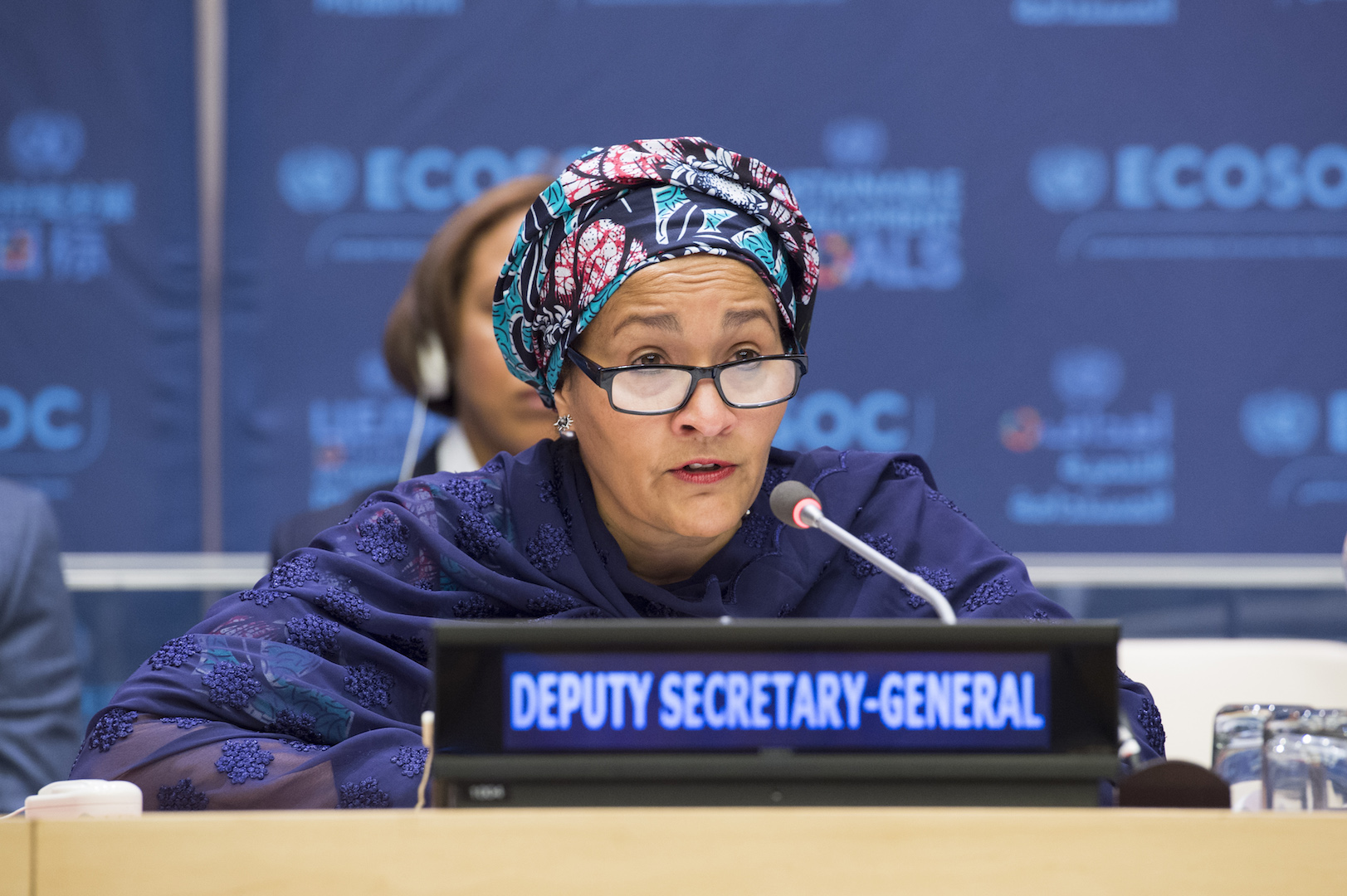Alhaji Mohammed Badaru, Nigeria’s Minister of Defence, says Nigeria has earned the right to become a member of the UN Security Council after contributing to 41 peacekeeping missions, deploying over 200,000 troops.
Badaru said this, in his address at the Summit of the Future interactive dialogue 2, titled: “Enhancing Multilateralism for International Peace and Security,” on Sunday in NewYork, US.
The summit is part of the events at the 79th United Nations General Assembly.
Badaru, who also spoke with State House correspondents at the Nigerian House, New York, said Nigeria had a longstanding commitment to international peace and security.
“Since our first deployment in the Congo in 1960, Nigeria has contributed to 41 peacekeeping missions globally,” he stated, highlighting the deployment of over 200,000 Nigerian troops in UN operations.
Badaru called for reform of the UN Security Council to ensure Africa was represented with permanent seats, arguing that this would enhance global stability.
“Nigeria has remained unequivocal in its commitment to international peace building and security, since the first engagement of its troops in the Congo in 1960.
“To date, Nigeria has contributed to 41 peacekeeping operations worldwide, with over two hundred thousand Nigerian troops serving in UN peacekeeping missions,” he said.
According to the minister, under the regional and sub-regional cooperation, Nigeria has been involved in peacekeeping operations in field missions in several countries.
He said the countries included Cote dIvoire, Guinea-Bissau, The Gambia, Liberia, Mali, Sudan and Sierra Leone, among others.
He said Nigeria had contributed a lot in terms of finance, logistics, troops and civilian experts, making it one of the most significant African troops and police contributors to the United Nations missions.
“It is on this basis that Nigeria continues to call for the reform of the United Nations Security Council to give just representation to Africa on a permanent basis for inclusivity and deepening of global peace and security,” he said.
The Defence Minister stressed the importance of building professional African armies to combat terrorism and called for operationalisation of the African Standby Force.
He also highlighted the need for comprehensive strategies to tackle transnational crime and illegal arms trafficking, particularly in the Sahel region.
“We recognise the need for Africa to build strong and professional armies, in order to, among other things, defeat terrorism.
“Nigeria, calls for the operationalisation of the African Standby Force (ASF), and provision of requisite support and resources to ensure the upgrade, take off and effectiveness of a centre of excellence in Africa on issues of counter terrorism,” said Badaru.
He called for strengthening regional and sub-regional cooperation to build the capacities of Member States and promoting cooperation and understanding.
He urged the global body to take decisive steps to defuse tensions, and seek peaceful settlement of disputes to resolve conflicts, especially in the Middle-East and Ukraine.
The minister reiterated Nigeria’s commitment to combating transnational organised crime.
He emphasised the urgent need for comprehensive strategies that include prevention, early detection, protection, and law enforcement to address the rising alliances between bandits and terrorists.
“We must scale up our efforts,” he stated, highlighting the alarming trend of kidnappings for ransom and acts of piracy.
Badaru called on the international community to intensify efforts to control the proliferation of small arms and light weapons in conflict zones, particularly in the Sahel region.
He warned that unrestricted access to illicit arms by non-state actors exacerbates insecurity and instability.
“We seize this opportunity to urge the international community to renew efforts to stem the tide of small arms and light weapons in conflict, especially within the Sahel region,” he said.
Badaru reaffirmed Nigeria’s dedication to supporting UN efforts in combating terrorism and promoting global peace.







